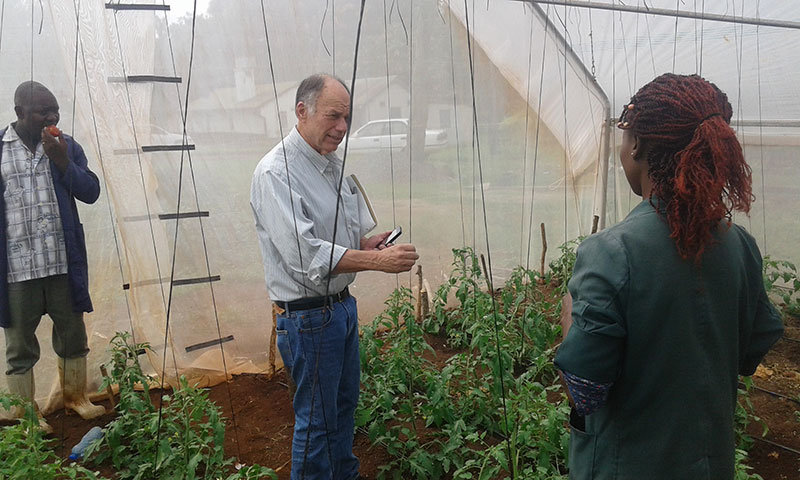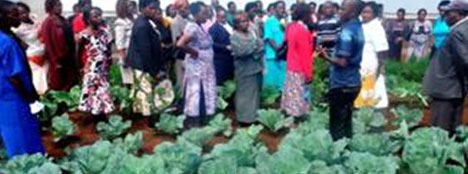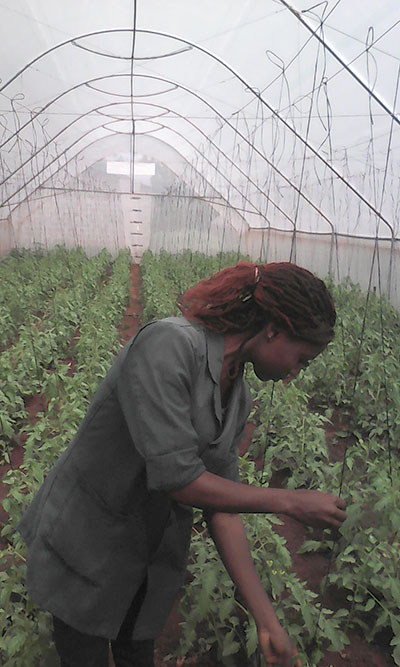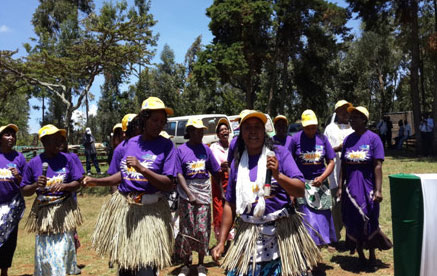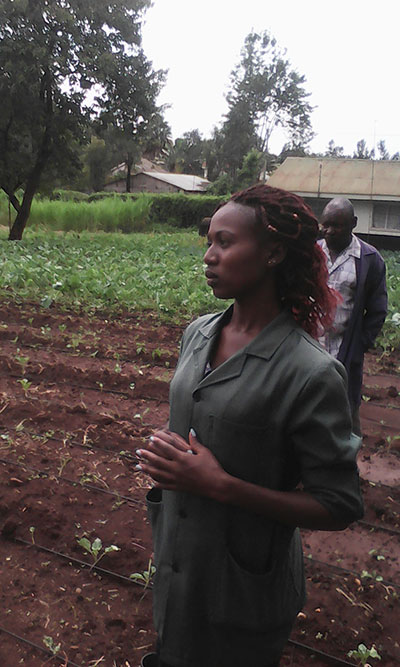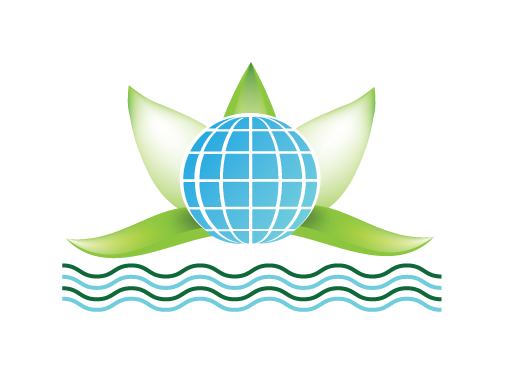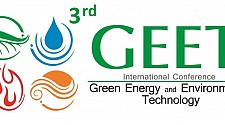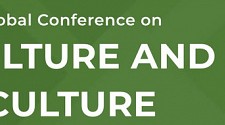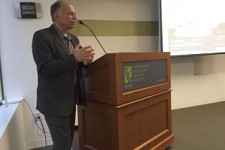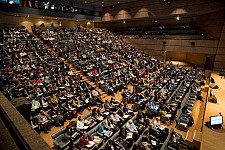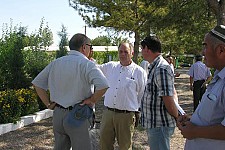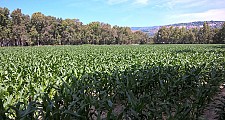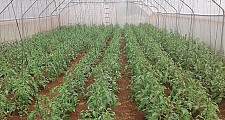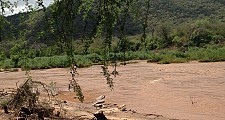Women Empowerment
Overview
Despite the fact that women in developing countries provide nearly 70 percent of the agricultural labor, they continue to account for over 60 percent of the world’s hungry. Lack of gender equality limits a woman farmer’s access to agricultural inputs, credit services and a market to sell her products. These constraints lead to lower crop yields, produce sold at a lower price and, ultimately, continued poverty and hunger for her and her children. Gender-equal access to these agriculture resources could increase the average woman farmer’s crop yields by20-30 percent.
Given the opportunity to generate and control an income, women routinely invest significant portions of their income in food, healthcare and education for their families. Unfortunately, at the moment, the majority of women in developing countries lack economic power, resulting in a higher rate of girls kept out of school, minimal access to basic health care, increased HIV/AIDS prevalence and higher maternal mortality rates. Yet women continue to bear almost all responsibility for meeting the basic needs of the family.
Starehe Girls Centre is a national boarding School that offers free secondary education to financially disadvantaged girls from all the counties in Kenya. The school was founded in January 2005 as a charitable institution. It has a total population of four hundred and eighty students.
Given that school relies on well-wishers and donors for the upkeep of the girls, the school has self sustaining projects among them agriculture.
In this regard the school in collaboration with Amiran Kenya has put up greenhouses where vegetables such as tomatoes, capsicum, sweet melon, brassicas among others are grown. This reduces the expenses on food, improves nutrition and the surplus sold to support the school in other aspects.
Below are some of the images showing the Amiran projects at Starehe Girls Centre.

